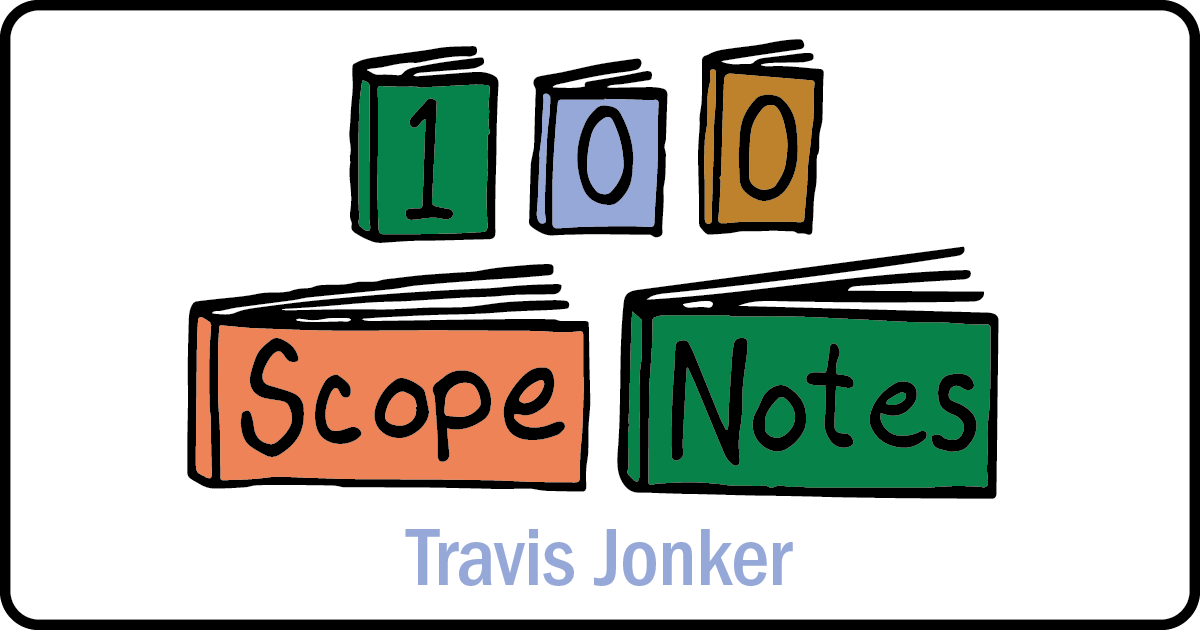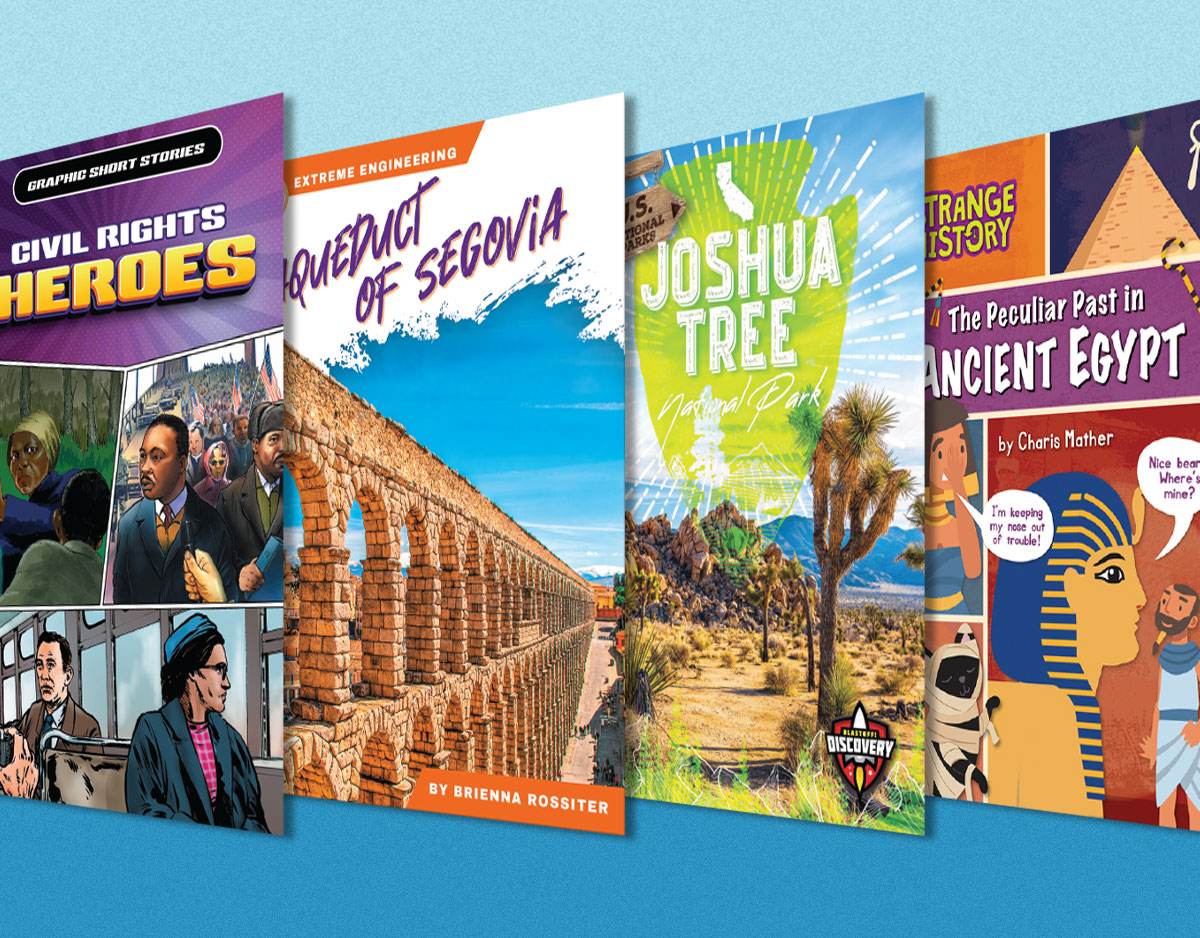Separate Universes: The National Book Award/Newbery Overlap
This post over at Tales of an Elementary School Librarian had me thinking about critically acclaimed books that didn’t end up winning awards. I was especially curious about books that were on the National Book Awards shortlist – how many of them have gone on to win a Newbery Honor or Medal? I looked back at the last 10 years. Here are the books that fit this description:
Brown Girl Dreaming
ADVERTISEMENT
ADVERTISEMENT
Bomb
Inside Out and Back Again
One Crazy Summer
Claudette Colvin: Twice Toward Justice
This decidedly paltry overlap is maybe best illustrated in this Venn diagram:
I suppose this is the result when two awards use very different methods for highlighting the best books of the year. The National Book Award is a small committee that typically includes a mix of authors, librarians, and booksellers, with relatively few guidelines. Books must be formally submitted for consideration by publishers. The Newbery, on the other hand, is decided by a large group of librarians with a bulkier set of criteria, and books are not formally submitted for consideration. Newbery considers books intended for readers up to age 14, while the NBAs have no such limitation, meaning that they often shortlist more books for older teens.
Maybe you already knew this, but if you’re looking to the National Book Awards to help figure out what’s going to win Newbery, you won’t have much luck.
Filed under: Articles
About Travis Jonker
Travis Jonker is an elementary school librarian in Michigan. He writes reviews (and the occasional article or two) for School Library Journal and is a member of the 2014 Caldecott committee. You can email Travis at scopenotes@gmail.com, or follow him on Twitter: @100scopenotes.
ADVERTISEMENT
ADVERTISEMENT
SLJ Blog Network
Cover Reveal and Q&A: The One and Only Googoosh with Azadeh Westergaard
K is in Trouble | Review
Fighting Public School Book Bans with the Civil Rights Act
Take Five: Middle Grade Anthologies and Short Story Collections
ADVERTISEMENT









Fascinating how almost all of the books are by/about POC, especially African-Americans. I wonder if that is significant or just a coincidence?